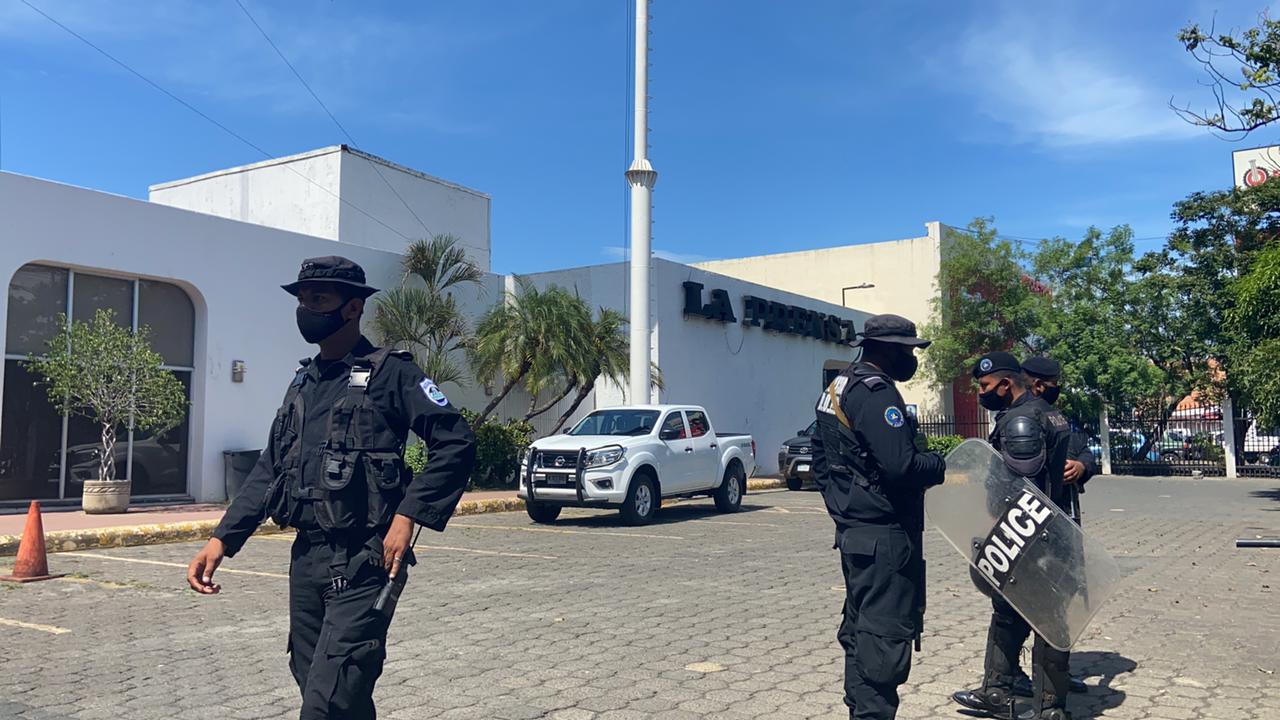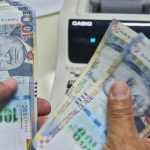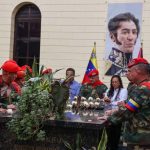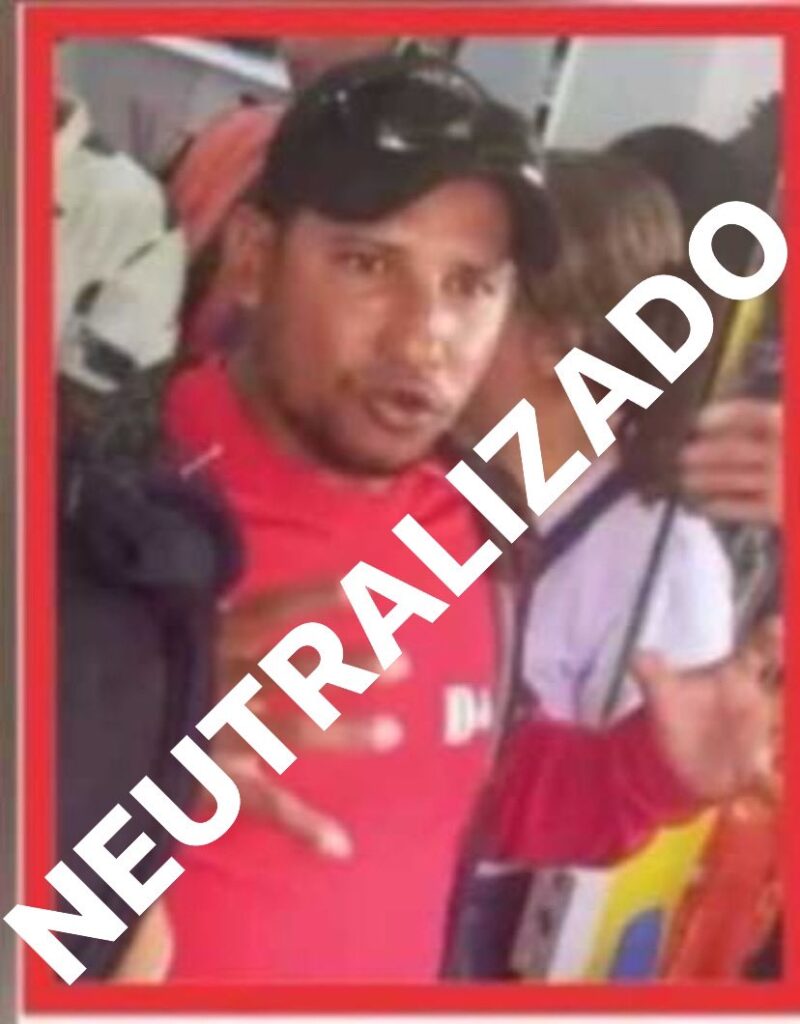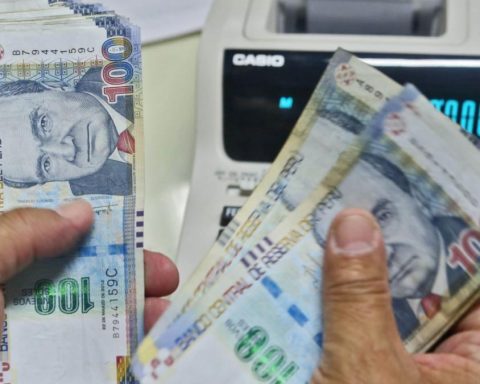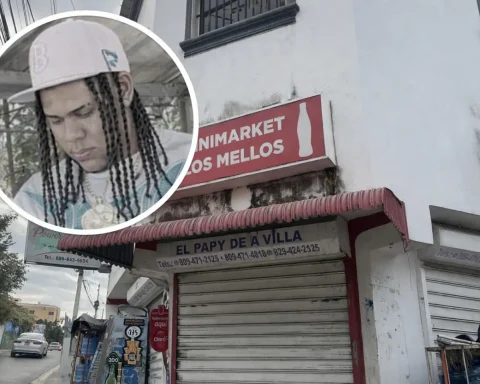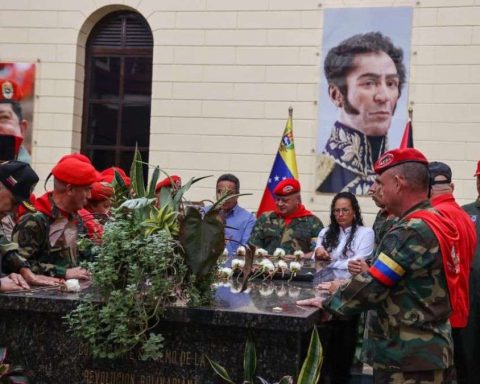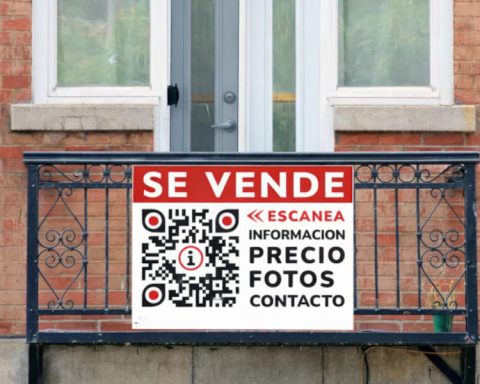Nicaraguan journalist Abigail Hernández affirms that for a couple of weeks the Daniel Ortega regime has been applying a repressive policy of “scorched earth” against journalism. He wants it to disappear.
Hernández is director of the Galería News platform and a member of the Executive Commission of Independent Journalists and Communicators of Nicaragua (PCIN). This body, she says, went from the “permanent alert” that it had maintained since February 2021 to a “high emergency” situation these days.
“In the last 15 days we have been facing a very strong attack on issues of persecution of the independent press. There is a significant displacement within Nicaragua, and a new wave of exile of journalists”, he points out.
The PCIN has documented the departure of 15 Nicaraguan journalists through blind spots on the border in the last two weeks, but considers that there are more cases. An unknown number, but it is presumed that many, have left their homes and have taken refuge in other houses to avoid being captured.
A journalist from the Nicaraguan newspaper La Prensa, who for security reasons prefers to keep his name confidential, is among them. He says that after some coverage, the regime’s police came looking for him at his home with the intention of capturing him. He avoided his arrest because, warned that he was wanted, he first took refuge in another house and then went abroad due to a “blind spot” and “only with the clothes he was wearing.”
“My house was raided twice with a huge amount of police. They seized all my work equipment. My physical integrity was already in danger, so I had to apply the protocol I had and look for safe houses, shelter, and then I had to leave the country”, he recounts.
“I am persecuted just for being an independent journalist and working for a critical media outlet in Nicaragua. That makes power uncomfortable and makes you its enemy”, he adds.
One of the media outlets hardest hit in this latest offensive by the regime is the newspaper La Prensa. After he reported on the expulsion of the Sisters of Charity nuns on July 6, two drivers were arrested, almost all of his staff persecuted, and at least ten editors and photographers had to rush into exile.
La Prensa, the oldest and most historic media outlet in Nicaragua, denounced that “the regime of Daniel Ortega and Rosario Murillo began a hunt since Wednesday night” and demanded that the laws be respected. “That the detainees be released and the persecution against the newspaper’s staff cease, who are people who only carry out their work, without committing any crime,” he said.
“Witch hunt”
“There is a witch hunt,” says Abigail Hernández. “The characteristics of the raids is that they do not present judicial orders, nor do they present any justification that is supported by an investigation, nor do they say the reason. They enter the houses, look for the journalist. In some cases they are asking in the neighborhoods and communities where the journalists are with names and photographs.”
“A pattern of behavior is that journalists’ passports are not renewed when they arrive to update them, they are confiscated at border posts when they want to leave and, in some cases, their expired identity cards have not been renewed,” he says. Hernández to explain why journalists fleeing the regime must do so irregularly.
“They come out illegal because they are circulated and that exposes them to all kinds of dangers, including sexual attacks, mainly women journalists,” he says.
This Wednesday, police officers occupied the work team of Channel 10 correspondent in the city of Boaco, Francisco Cantillano, after he reported on a protest sit-in that a group of citizens carried out to request the freedom of Monsignor José Leonardo Urbina, who is accused in the Managua Courts for the alleged rape of a minor, in a dark episode that the population attributes to the repression that it also maintains against the Catholic Church.
In addition to stripping him of his equipment, the Police summoned Cantillano to the city police station, while police officers kept his home surrounded to prevent him from leaving.
The rapporteur for freedom of expression of the Inter-American Commission on Human Rights (IACHR), Pedro Vaca Villarreal, interviewed by the Esta Noche program, warned about a plan by the Daniel Ortega regime to “exterminate journalism” in Nicaragua.
“There are constant reports of raids, persecution of journalists in their family circles, of any life and relationship. There are symptoms to believe that there is a plan to exterminate journalism, that it disappear as work in Nicaragua,” said Vaca Villarreal.
journalists in exile
Although there are still no journalists detained from this latest offensive, admits Abigail Hernández, a member of the PCIN board, the organization has registered an increase in police surveillance against journalists. “We continue to document equipment thefts and express arrests, which are 15 to 30-minute arrests where they are threatened that at any moment they could be jailed and it is made clear to them that they will be jailed if they keep reporting,” she says.
“For a year we have been doing catacomb journalism, sWe will continue working in this way and each medium must look for new ways to innovate, ”says the communicator. “This is not just a media problem. Nicaraguan citizens must reflect on the silences, on the information that is not reaching the citizens.”
The regime of Daniel Ortega and Rosario militarily occupied the building of the newspaper the press, the one on the television channel One Hundred Percent News and that of the group of information platforms Confidential, This Week Y Tonight.
The Andean Foundation for the Observation and Study of the Media (Fundamedios) estimates that there are around 135 Nicaraguan journalists who have been forced to work from exile due to the regime’s repression. Another 12 journalists and people linked to the media remain detained, most of them for approximately a year, in the El Chipote prisons.
*Article published in Infobae.
